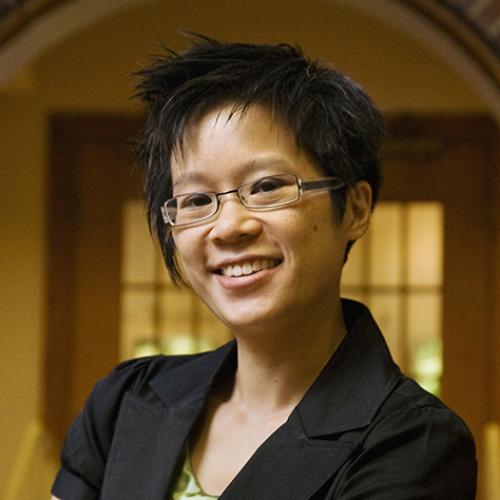Associate Professor Bonnie Mak has been appointed to the Board of Directors of the Society for the History of Authorship, Reading and Publishing (SHARP), a global network of book historians. Mak’s eight-year appointment (2015-2023) will be confirmed at the society’s annual meeting and conference held July 7-10 in Longueuil and Montreal, Canada.
Established in the early 1990s, the SHARP membership includes more than one thousand scholars representing more than twenty countries who conduct research related to the composition, mediation, reception, survival, and transformation of written communication throughout history and today.
Mak has been a member of the GSLIS faculty since 2008 and is jointly appointed in the Program in Medieval Studies at Illinois. Her research interests include manuscript, print, and digital cultures; the cultural production and circulation of knowledge; palaeography and diplomatics; manuscript studies; book history; medieval and early modern collecting; and the history of archives and libraries. At GSLIS, Mak cochairs the History Salon. In addition to her SHARP appointment, she is currently a member of the Editorial Advisory Board of the book series, Studies in Information, and coeditor of the online and open-access journal, Architectures of the Book.
Mak’s first book, How the Page Matters, published by the University of Toronto Press in 2011, examines the page as a dynamic interface in scrolls, tablets, and codices, from the Middle Ages to today. She is at work on a second book-length project, Confessions of a 21st-Century Memsahib, a cultural history of digitizations that explores the production and circulation of e-resources, and the implications of these circumstances for scholarship and knowledge-making. A third project examines the graphic design of information and the publishing practices of the sciences and humanities.
